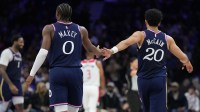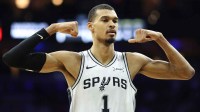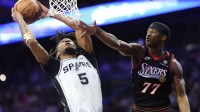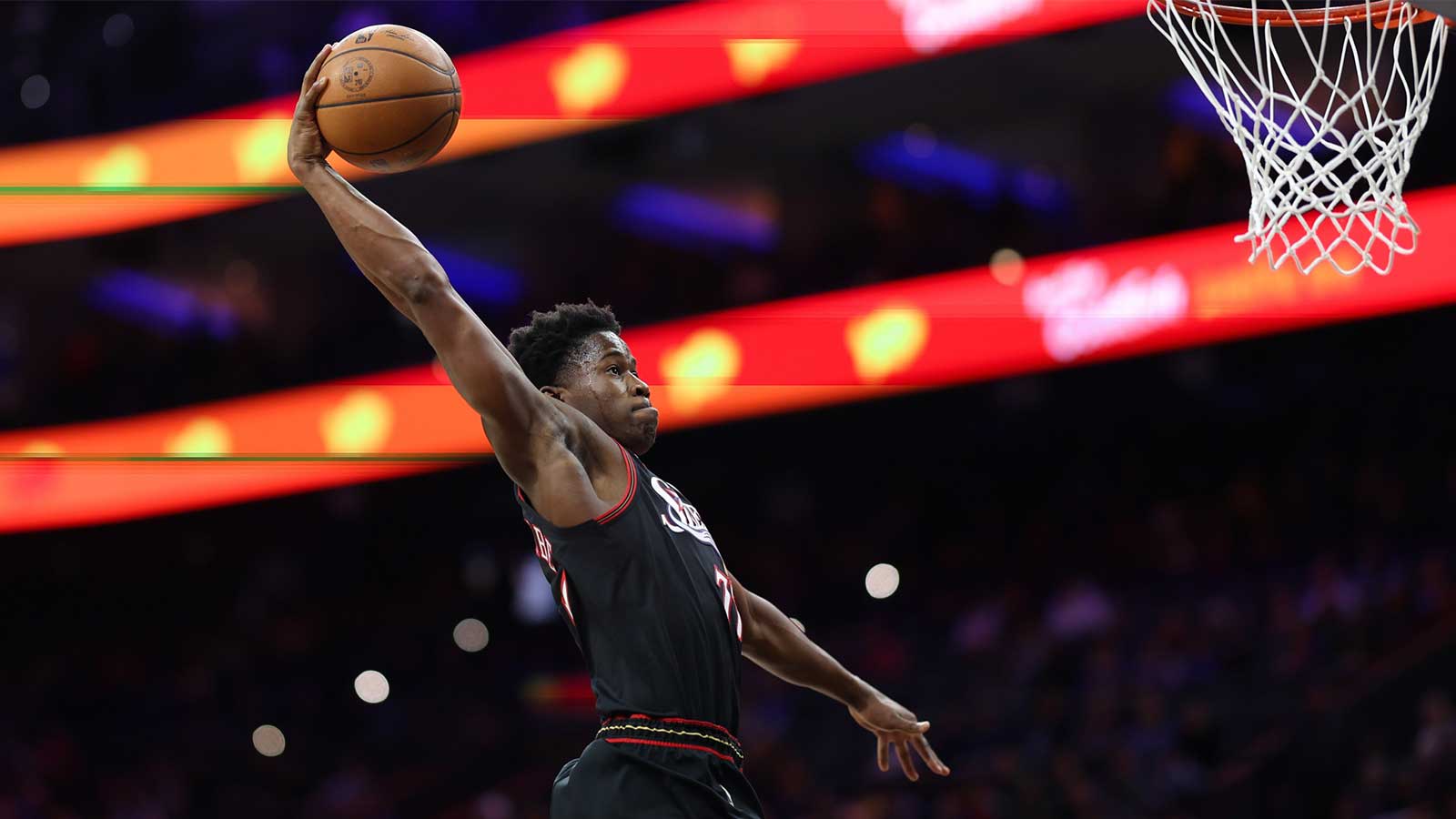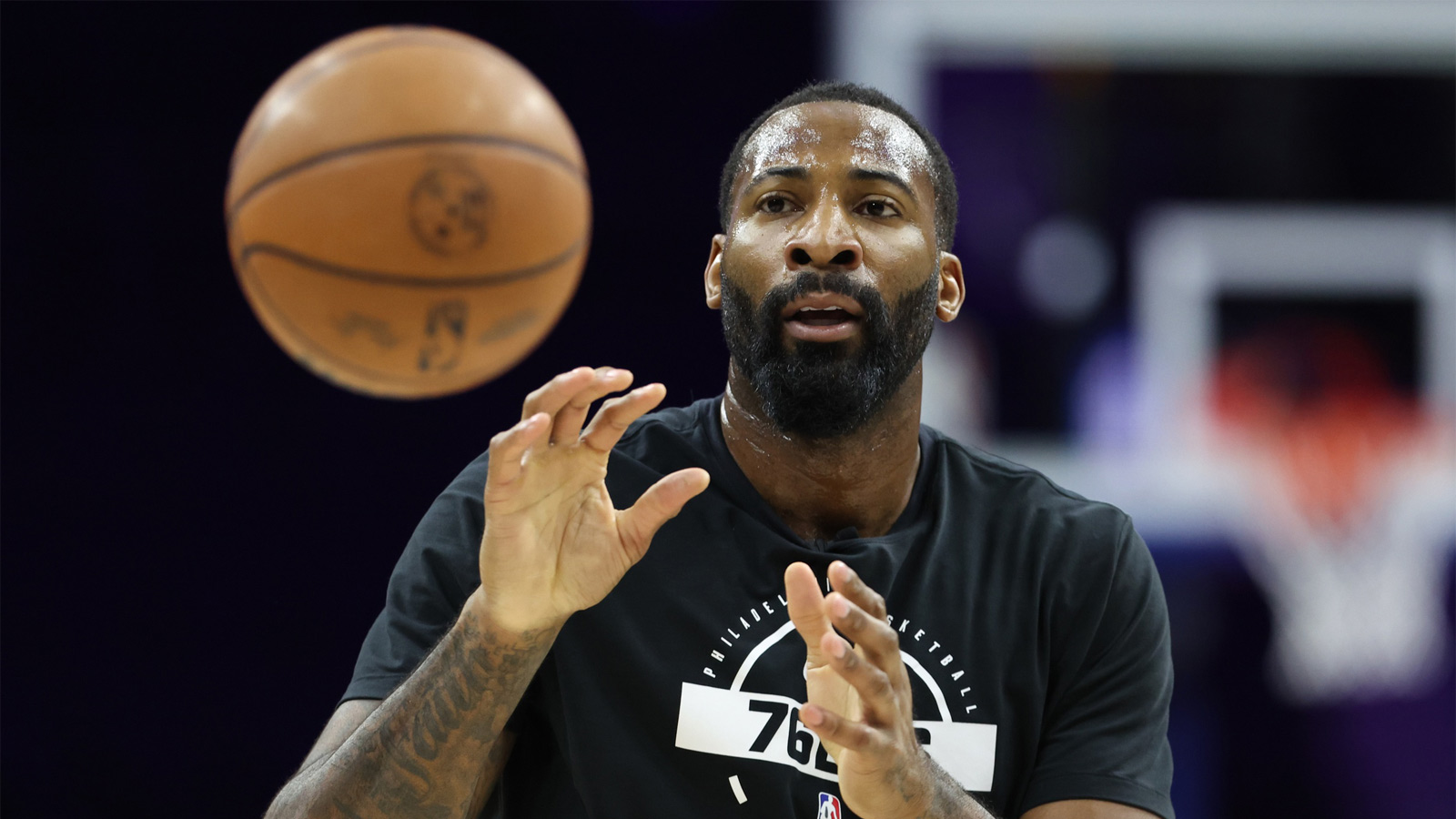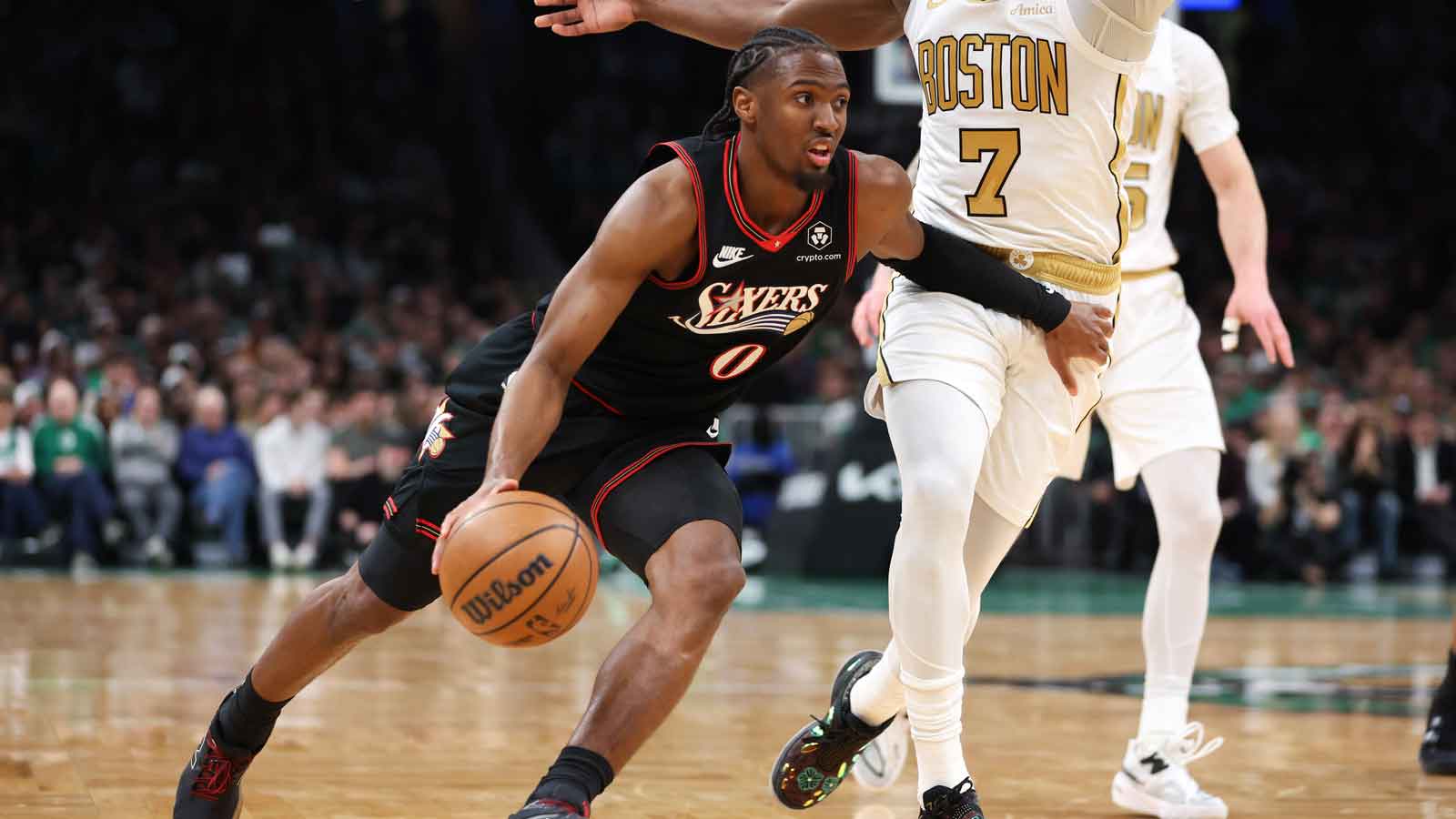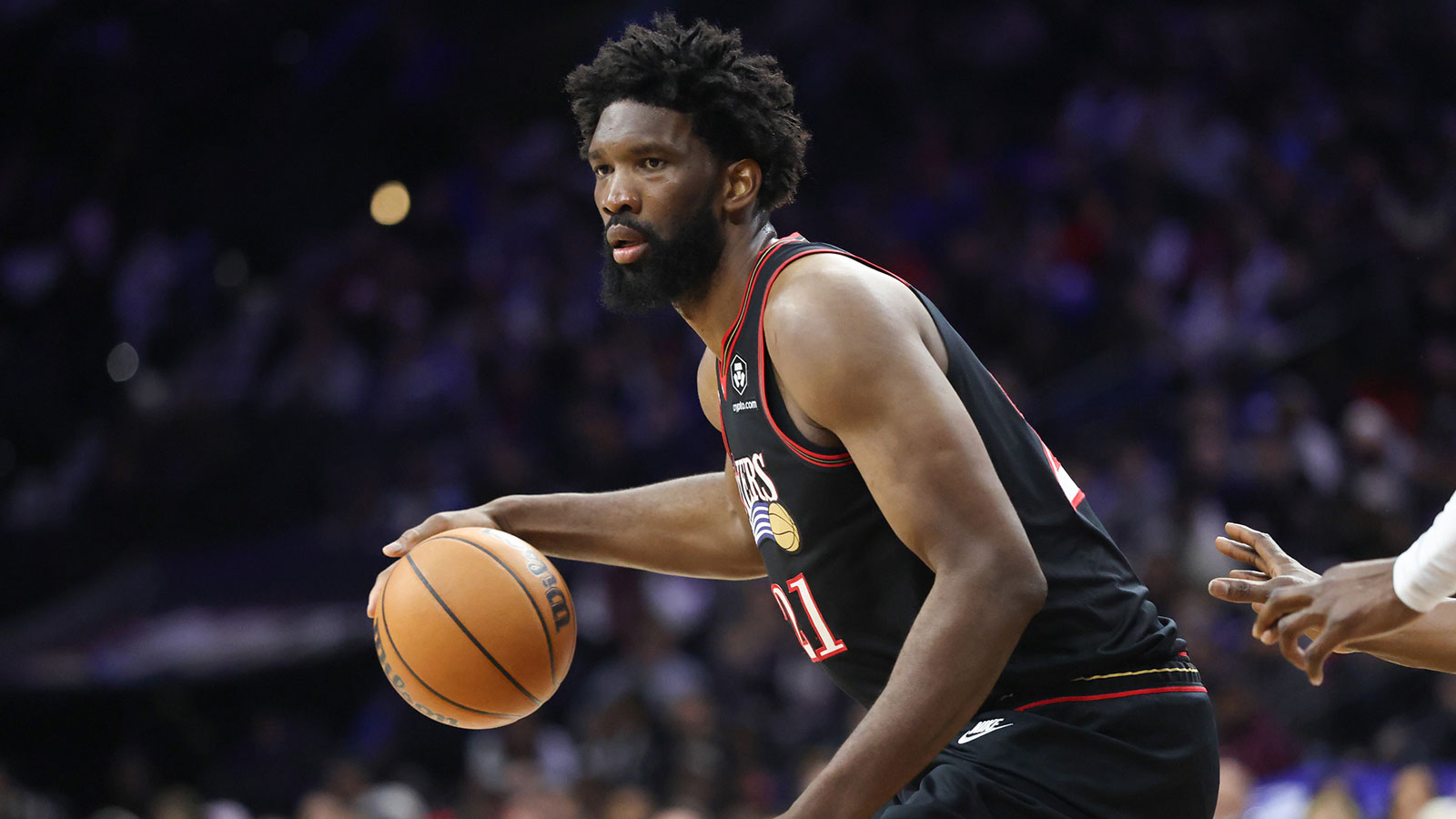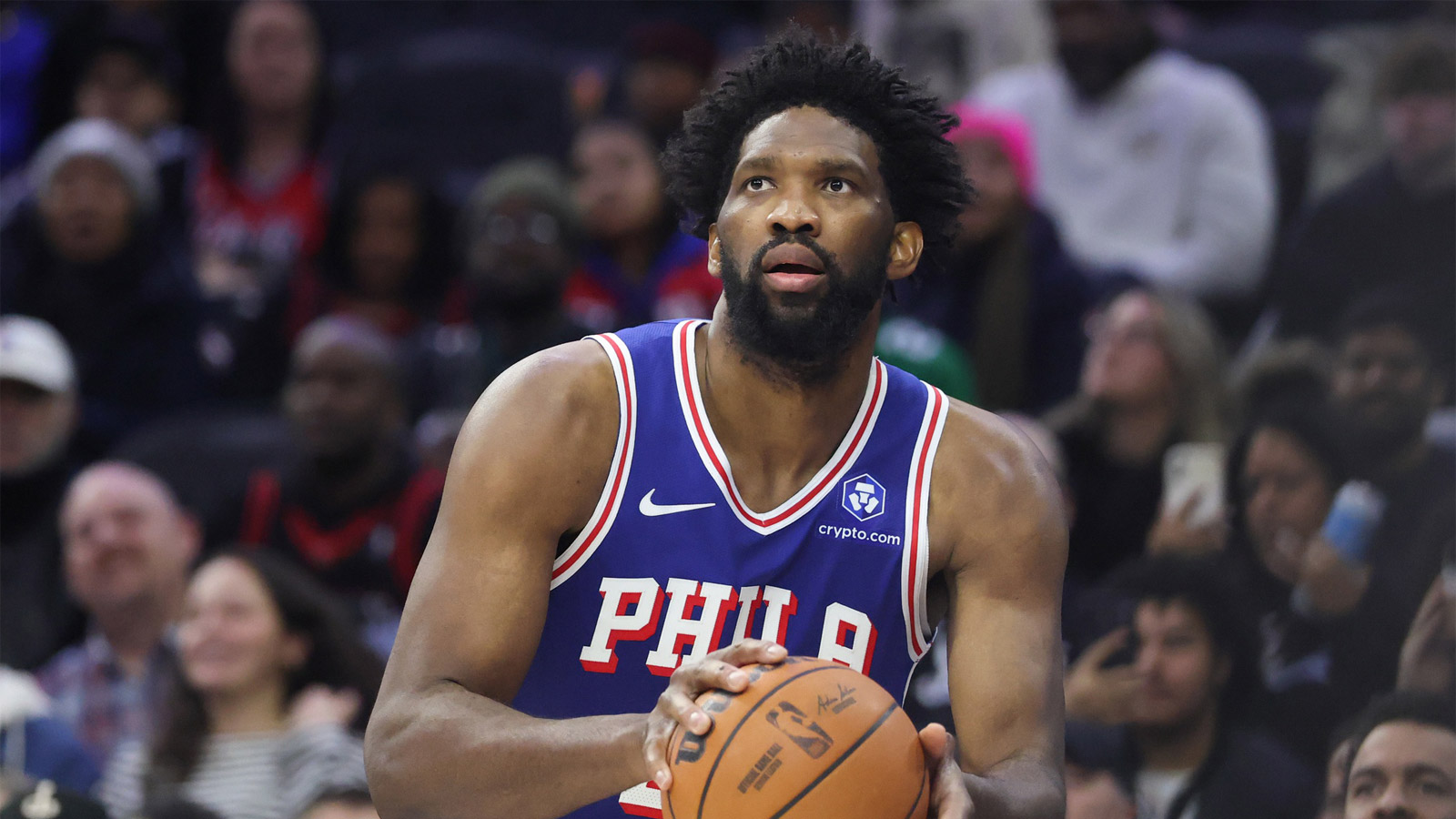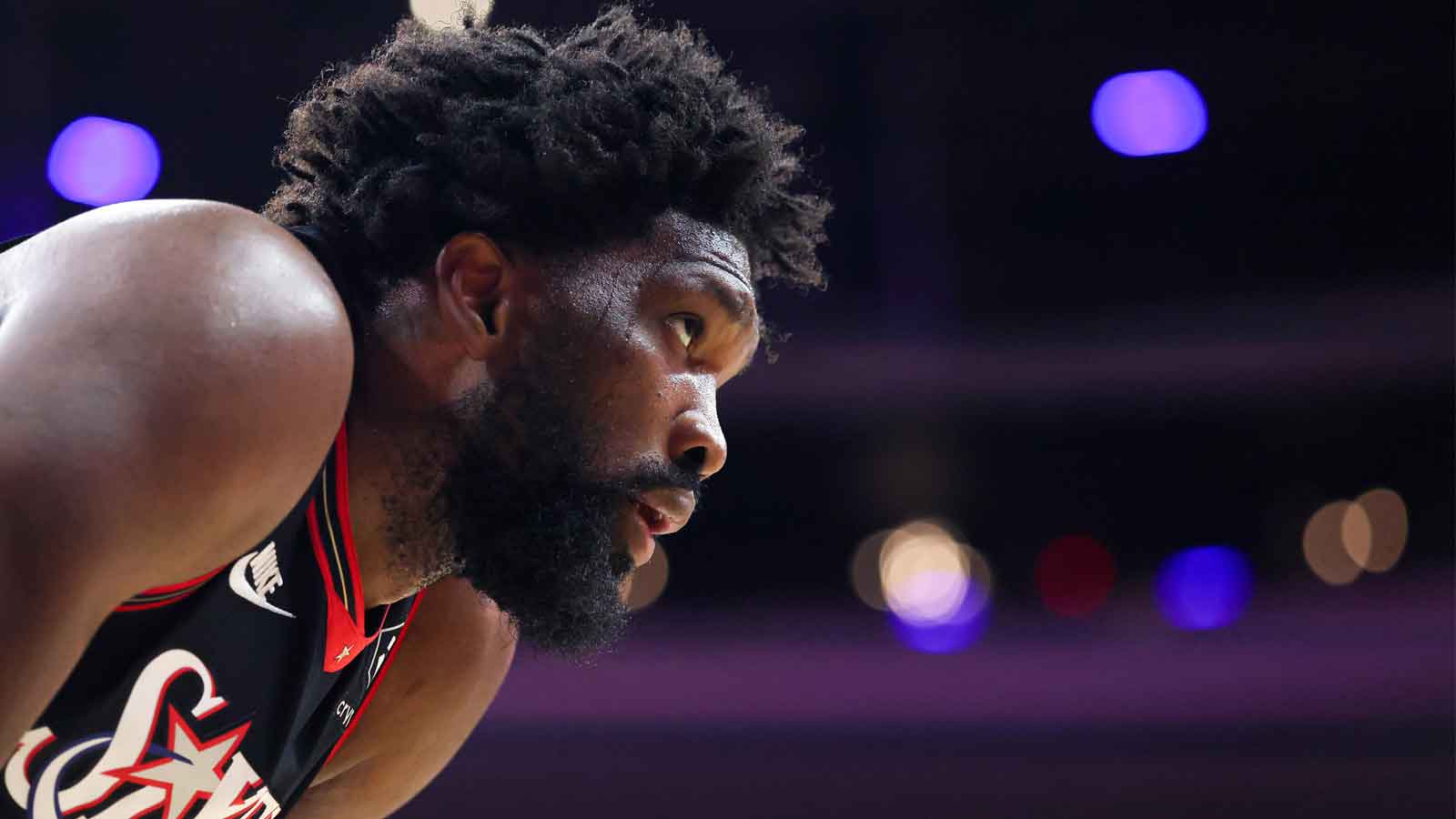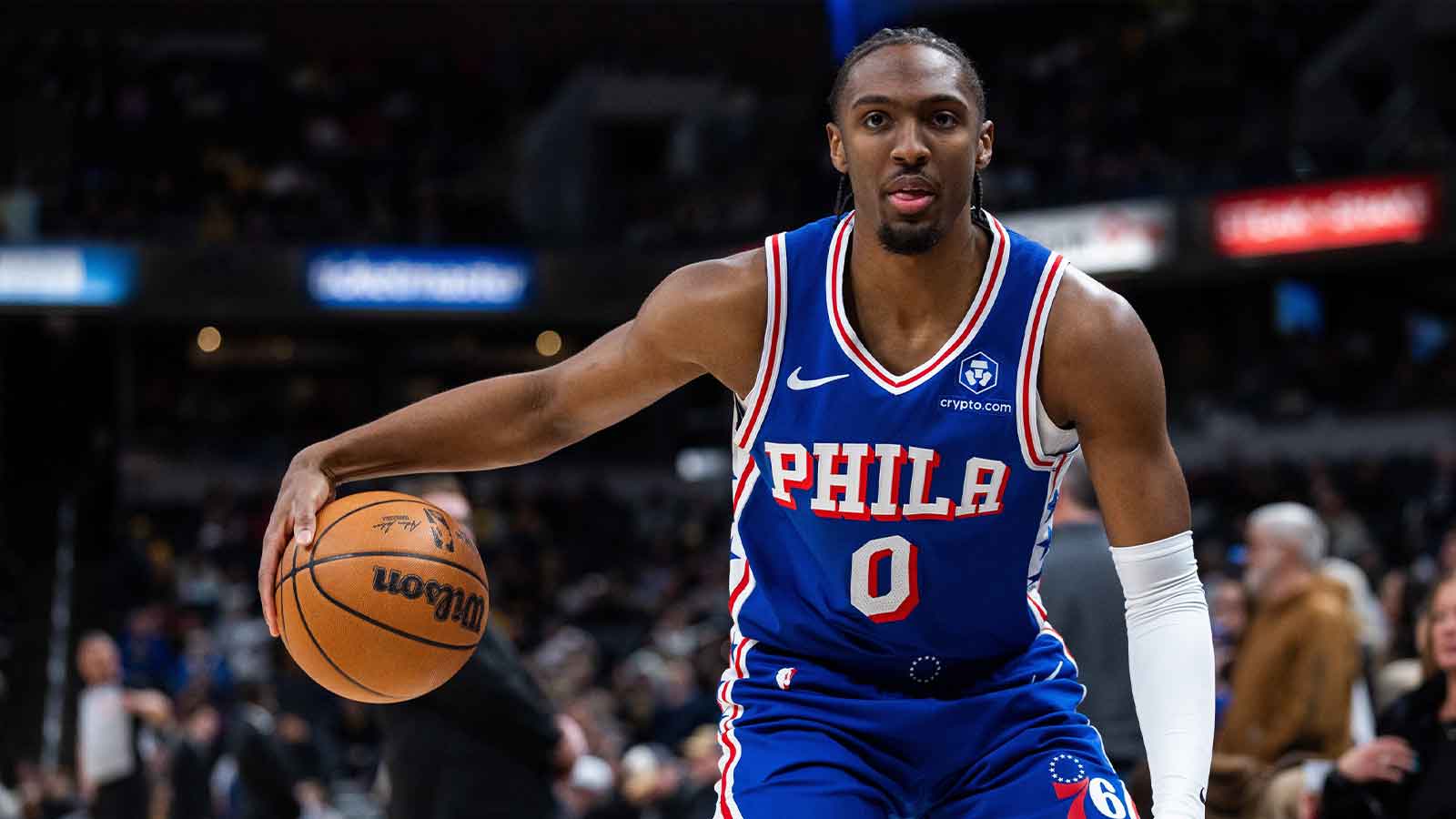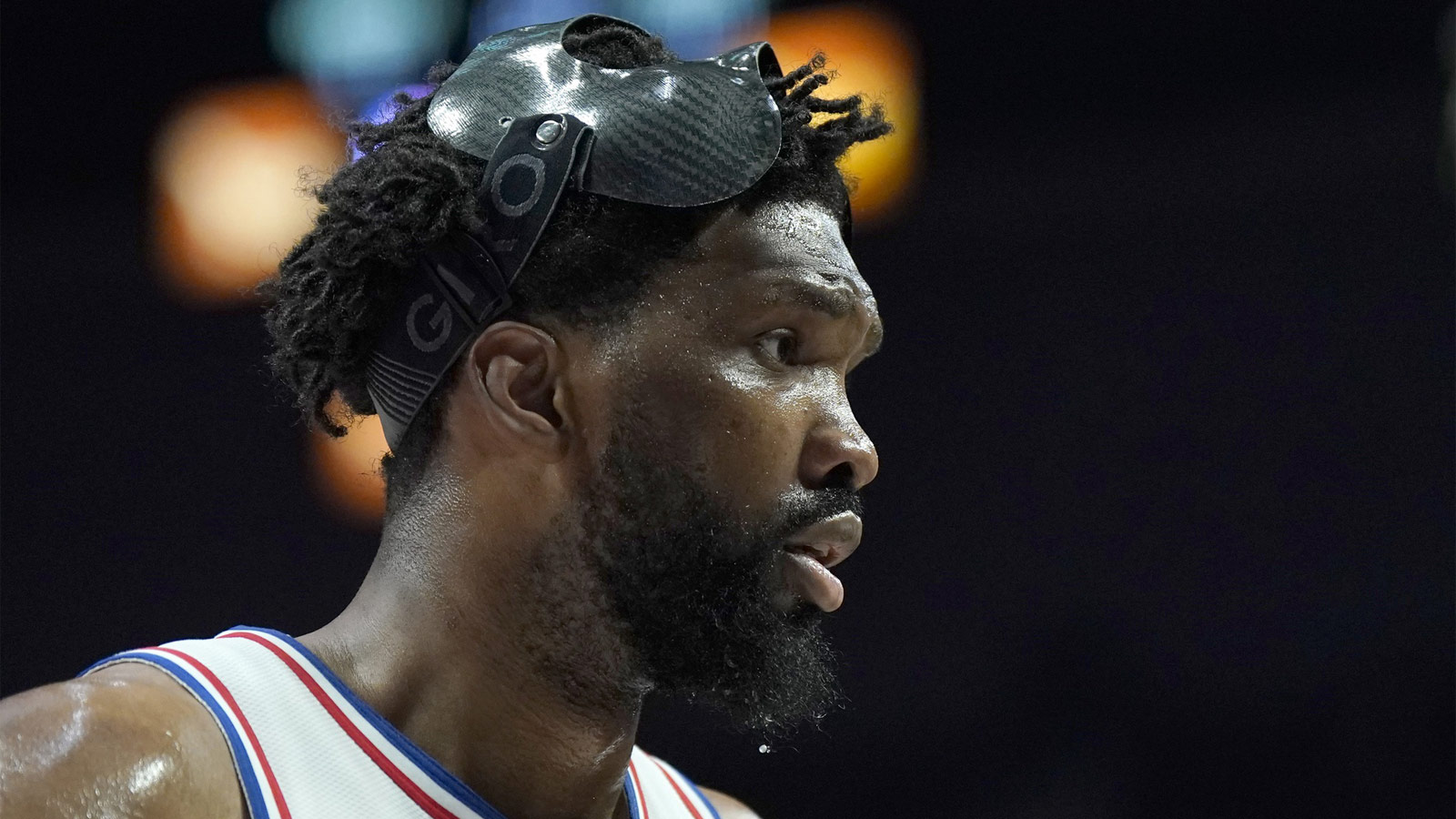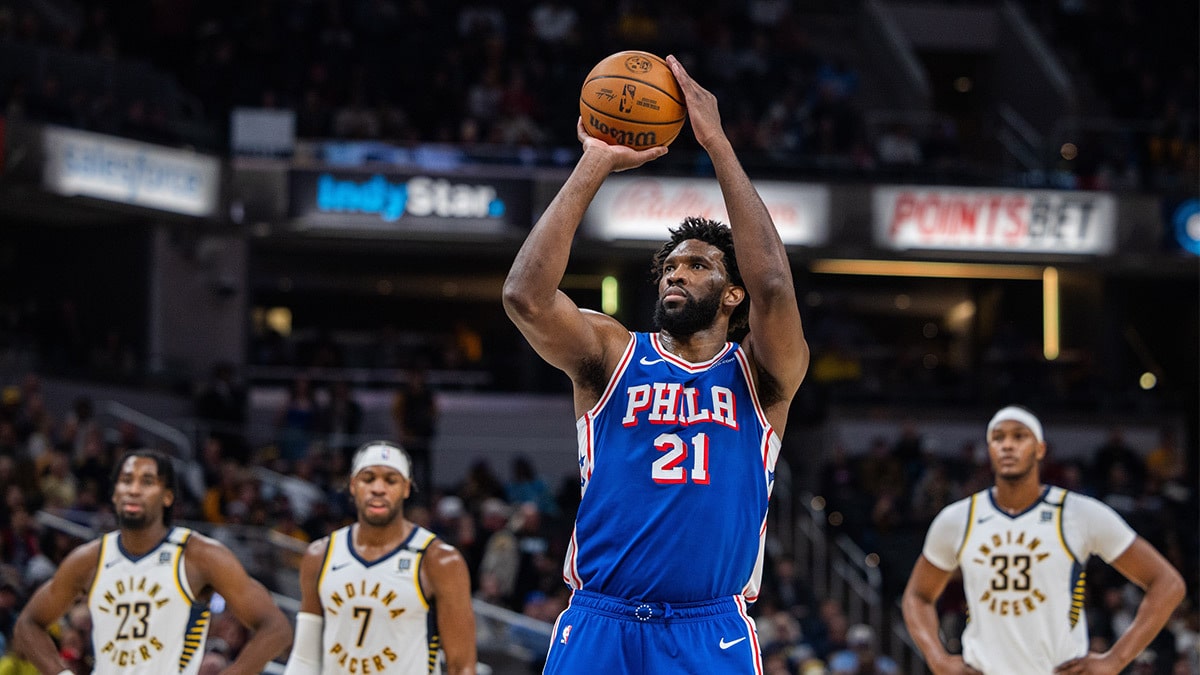In a season that has already seen its fair share of remarkable performances, Philadelphia 76ers' center Joel Embiid has emerged as the focal point of awe and admiration. The latest accolade comes from former NBA player and teammate JJ Redick, who drew a historic comparison between Embiid's current exploits and the legendary Wilt Chamberlain's iconic 1963-64 season.
Redick's assertion is nothing short of audacious: “Only one player ever has averaged 35-10-5 for an NBA season. That was Wilt [Chamberlain] in 1963-64… The production and efficiency that Joel [Embiid] is having right now is all time.” Such a comparison places Embiid in rarefied air, considering Chamberlain's feats are etched in the annals of basketball history.
"Only one player ever has averaged 35-10-5 for an NBA season. That was Wilt [Chamberlain] in 1963-64… The production and efficiency that Joel [Embiid] is having right now is all time."
— JJ Redick🗣️
(via @OldManAndThree)pic.twitter.com/GSSY8Ba5j1
— ClutchPoints (@ClutchPoints) January 20, 2024
One of the most striking aspects of this comparison is the disparity in playing time. While Wilt Chamberlain logged an astonishing 46 minutes per game during his record-setting season, Joel Embiid is making his mark in a mere 34 minutes per game (likely due in part to Embiid sitting out the fourth quarter of blowout wins). This stark difference not only emphasizes the evolution of player conditioning and coaching strategies but also underscores the efficiency with which Embiid is making an impact in a significantly shorter timeframe.
While precise possession numbers are not readily available, the context in which Embiid is excelling deserves attention. Per JJ Reddick, It's reasonable to deduce that the current era witnesses fewer possessions per game than during Chamberlain's heyday. The pace and style of play have evolved over the years, impacting statistics across the board. During Chamberlain's record-setting season, teams averaged 99 field goal attempts and 35 free throws per game. Fast forward to the present day, and teams are shooting, on average, 89 field goal attempts and 29 free throws per game. These contextual changes highlight the efficiency and proficiency of players like Embiid in a game that has adapted to a new rhythm.
Joel Embiid's individual statistics paint a portrait of dominance. Averaging an impressive 35.1 points, 11.4 rebounds, and 5.9 assists per game, Embiid's all-around game is a testament to his versatility and impact on both ends of the court. What sets him apart even further is his three-point shooting prowess, connecting on 36.9% of his attempts from beyond the arc. In an era where big men are often judged on their ability to stretch the floor, Embiid's shooting proficiency adds a modern touch to his game, making him a multifaceted threat for opposing teams.
The Philadelphia 76ers, under Embiid's leadership, boast a commendable 27-13 record and currently sit in the third spot in the Eastern Conference. The correlation between Embiid's stellar performance and the team's success is undeniable. As the Sixers aim for a deep playoff run, Embiid's candidacy for yet another Most Valuable Player (MVP) campaign has gained substantial momentum.
The comparison to Wilt Chamberlain is not merely a statistical exercise; it's a nod to greatness across different eras. While Chamberlain's records often seemed untouchable, Embiid's unique combination of skills and efficiency is challenging the conventional wisdom about what is possible in the modern NBA. Redick's comparison catalyzes discussions among fans and analysts alike, igniting debates about where Embiid stands among the pantheon of all-time greats.
In a league characterized by constant evolution, Joel Embiid's season is a beacon of individual brilliance. His ability to channel the spirit of basketball legends while adapting to the demands of the present speaks volumes about his basketball IQ and skill set. As the regular season progresses and the playoffs loom on the horizon, the basketball world eagerly awaits more chapters in the extraordinary story that is Joel Embiid's 2023-2024 campaign.



